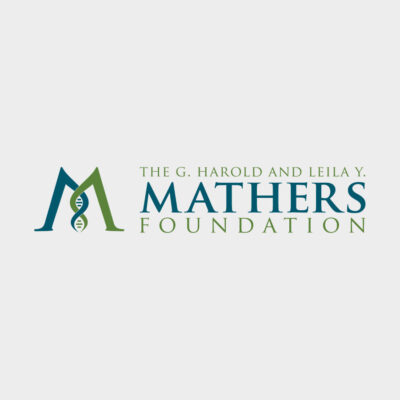Many of today’s important advances in cancer care trace their origins to basic research—a form of scientific investigation aimed at uncovering the fundamental principles of biology, chemistry, and foundational science. With grants totaling $2.25 million from the G. Harold & Leila Y. Mathers Charitable Foundation, three Dana-Farber scientists are pursuing novel basic research studies that may set the foundation for new cancer treatments.
Wayne Marasco, MD, PhD, is probing a novel cellular mechanism to attack tumors. He is exploring a new form of cellular therapy known as chimeric antibody signaling and secreting (CASS) B cells. These cells are engineered to recognize tumor-specific antigens through a receptor that activates CASS B cells and induces the production of elevated levels of antibodies to attack the tumor.
“The idea of engineering human B cells to seek out cancer cells and secrete these antibodies at the tumor site is novel and untested, and could provide a new way to treat both primary and metastatic tumors,” says Marasco.
In her lab, Evanna Mills, PhD, is exploring how metabolites control brown fat to reduce obesity, which is a risk factor for cancer. Brown and beige fat have an abundance of macrophages—white blood cells that eliminate damaged and diseased cells—which play a role in the regulation of fat cells. She is studying mechanisms by which itaconate, a metabolite produced by macrophages that controls inflammatory responses, regulates brown and beige fat cell function and anti-obesity activity.
While chimeric antigen receptor (CAR) T-cell therapy, which uses specially altered T cells to reprogram patients’ immune systems to target cancer cells, has been successful in certain blood cancers, these modified cells do not last in the body forever. To address this issue, Eric Smith, MD, PhD, director of translational research for the Immune Effector Cell Therapy Program at Dana-Farber, is developing approaches that will, in patients, continuously generate immune cells expressing a CAR—a special receptor created in the lab that binds to certain proteins on cancer cells—to target and eliminate cancer cells. His work could have important implications for gene therapy and cellular therapy to treat blood cancers.
For more stories about the impact of philanthropy at Dana-Farber, please visit DanaFarberImpact.org.



